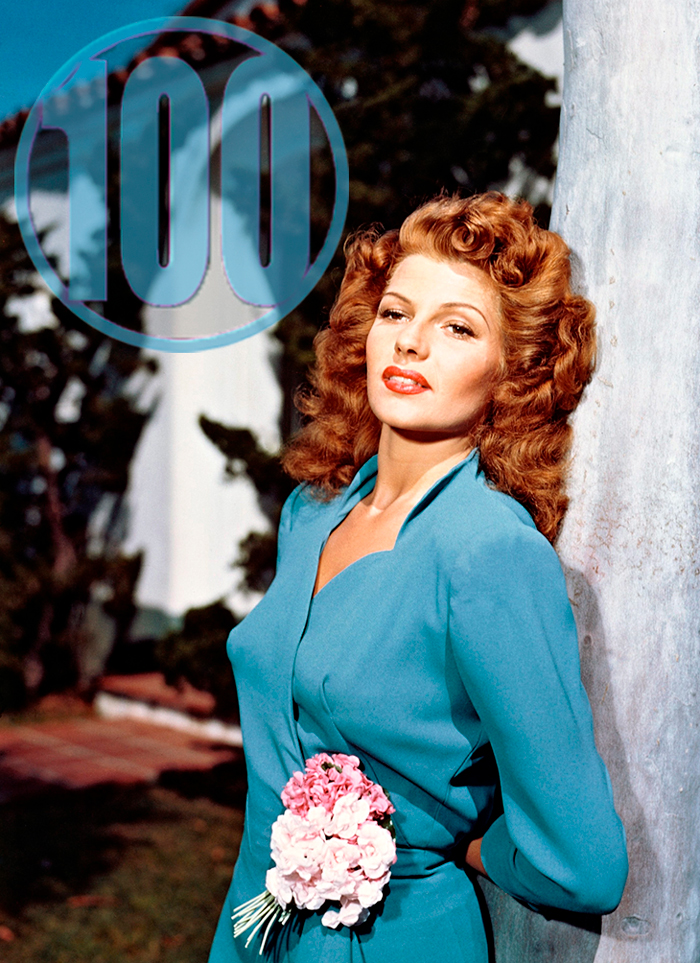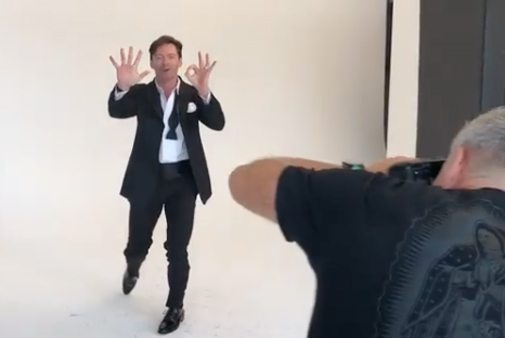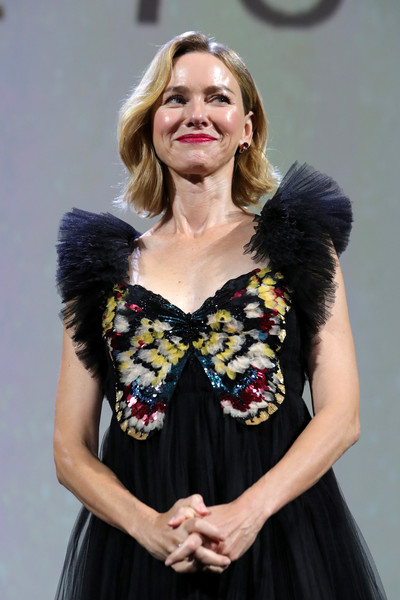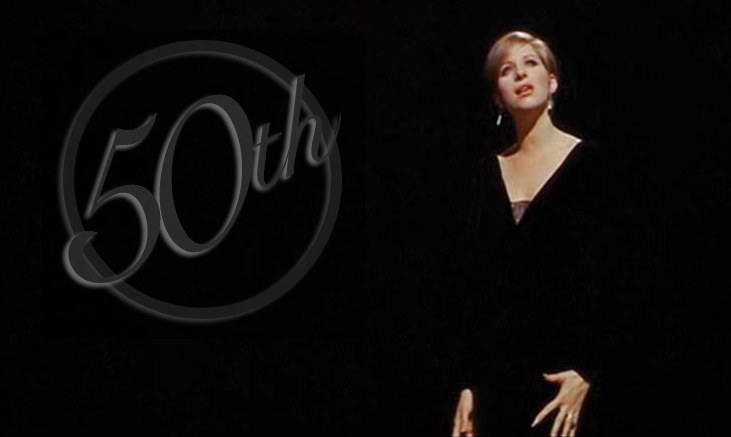Beauty Break: Happy Rita Hayworth Centennial !
 Wednesday, October 17, 2018 at 10:45AM
Wednesday, October 17, 2018 at 10:45AM 
'The Love Goddess' herself, Rita Hayworth, was born on this day 100 years ago in Brooklyn. Audiences first noticed her in a small role in Only Angels Have Wings (1939) and she seguewayed into profile boosters like Blood and Sand (1941) and Strawberry Blonde (1941). A natural dancer she made two pictures she obviously cherished with Fred Astaire in You'll Never Get Rich (1941) and You Were Never Lovelier (1942) -- Astaire went so far as calling her his favorite dancer partner -- and was one of the two ubiquitous pinups of World War II for American soldiers (the other being Betty Grable)...






